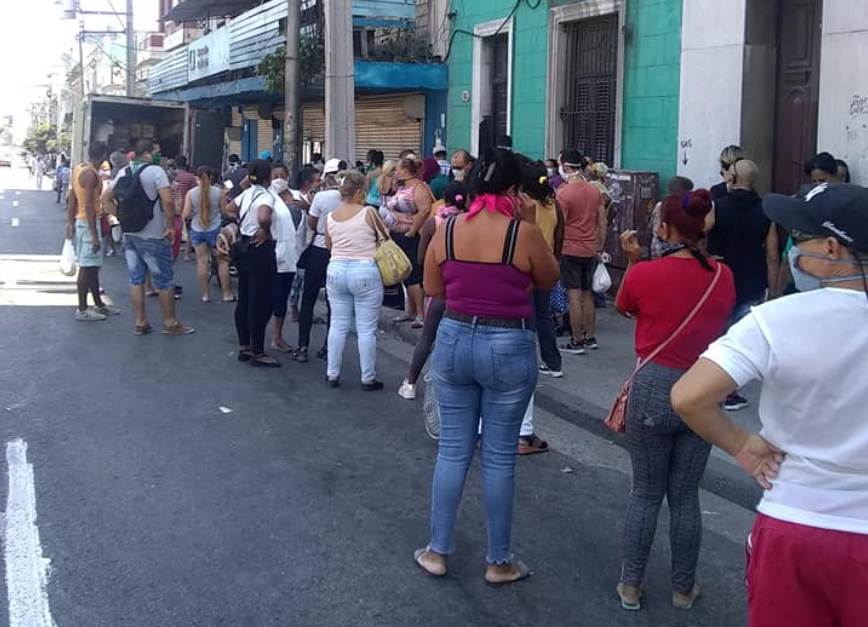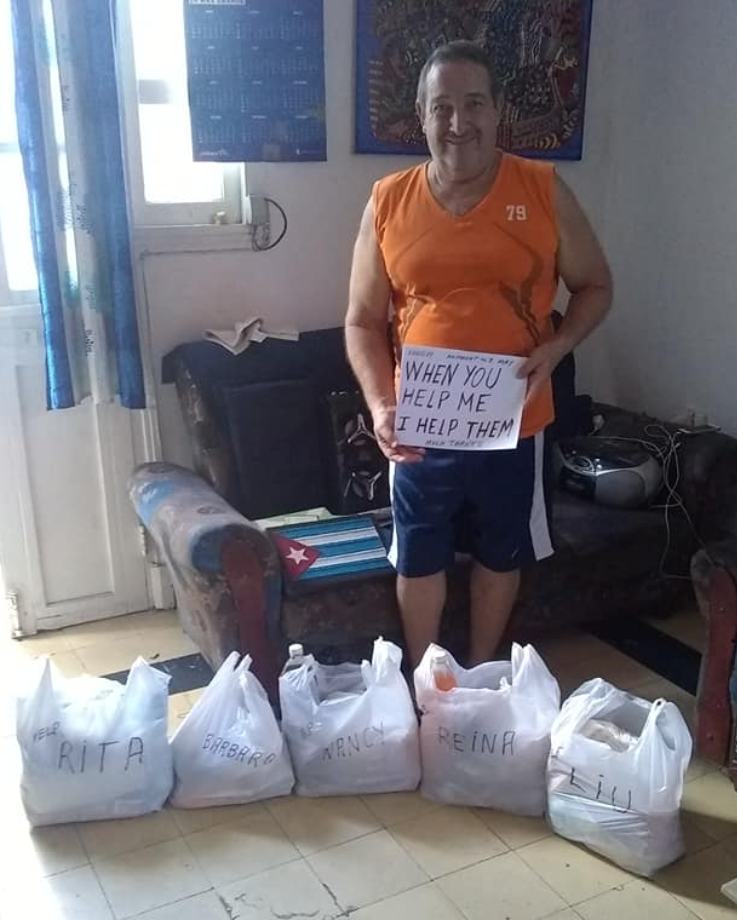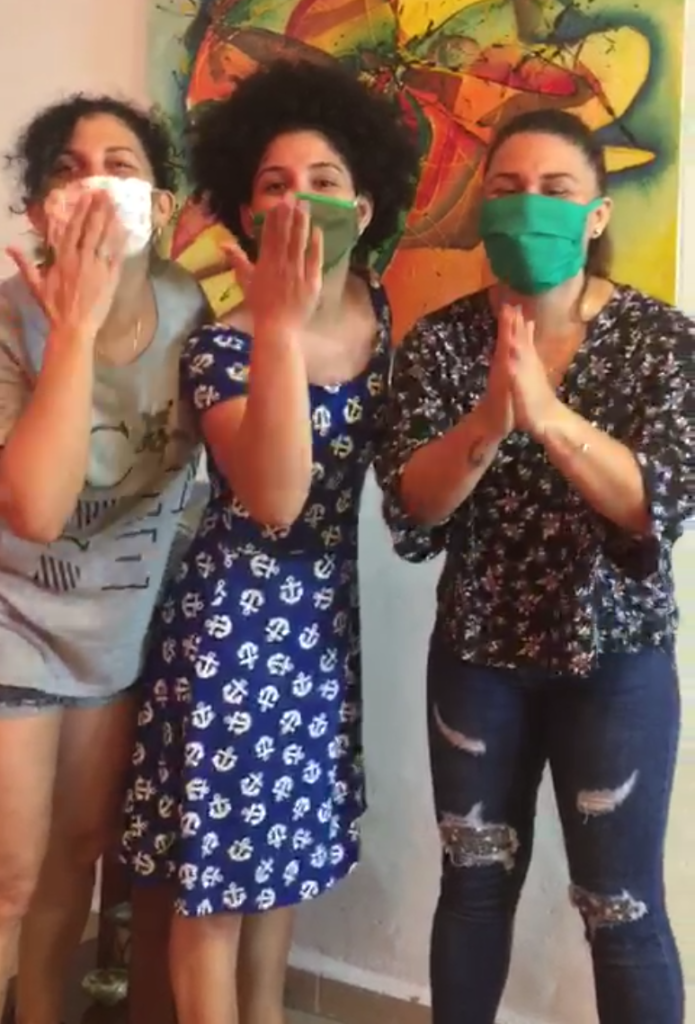Aaron Lampman & Ken Schweitzer
Washington College
The “Cuba Music and Culture Seminar” is a two-week educational study-abroad program at Washington College that aims to educate global citizens by engaging students directly with working-class Cuban people. The goal is to challenge preexisting notions about Cuban society. The COVID-19 pandemic has brought our program to a halt.

The unique combination of total economic shutdown due to pandemic, the closing of borders to tourist entry in March 2020, the loss of a key trading partner due to political unrest in Venezuela, and an ongoing U.S. embargo that restricts international flow of goods, medical supplies, and food has left Cuba in critical condition. The government has restricted private food markets and is selling packets of flour and pasta directly to vulnerable groups. Without any income many Cubans face severely limited access to affordable sustenance. If the economy doesn’t open soon, and if tourism doesn’t resume, the island could face a new “special period” of deprivation and starvation similar to the one endured after the collapse of the Soviet Union.
Our program has never used professional tour operators. Instead, we collaborate with private Cuban citizens to develop the infrastructure and programming to offer students an intimate experience of Cuban life outside of the tourist bubble. With each passing year, our network grows stronger, and we increasingly rely on the creative spirit of our non-professionalized host community to support our educational mission. Our hosts have come to rely on our program not only for regular income, but also as a meaningful way to connect with a global community to affect change in perceptions of Cuba. Throughout the pandemic we have remained closely connected with our hosts.

Since the pandemic began, we have helped distribute a substantial amount of aid to our Cuban partners. Prior to the closure of borders, we organized the importation of over-the-counter, prescription, and veterinary medications, vitamins, supplements and first aid supplies, tools and housewares, work clothes and footwear, children’s clothing, diapers and wipes, batteries, cell phones, and hard-to-find toiletries. Since the closure of the tourist industry in late March, we have continued to send aid from fundraising efforts, distributing more than five thousand USD to our cooks, servers, homeowners, guides, translators and musicians spread across the cities of Havana, Trinidad, Piñar del Rio, Viñales, and Artemis. While we facilitate aid and query about the realities of everyday life in Cuba during the lockdown, our Cuban partners express their connection with us, regularly reaching out to inquire about our well-being and discuss the status of post-pandemic programs.
From an educational perspective, the pandemic offers a new opportunity for our students to compare and contrast the impacts of pandemic in a small communist country with universal healthcare and a large, democratic and capitalist country with private healthcare. At the end of May 2020, Cuba had 1,983 confirmed cases of the virus and 82 deaths, while the U.S. had 1.8 million confirmed cases and 103,000 deaths. The social and cultural reasons for these differences are important to examine, but we are deeply conflicted about the balance of risk, reward and responsibility inherent to study abroad in a time of pandemic.

The income from our program is important to the livelihoods of our hosts, and they are anxious to see the reopening of tourism in Cuba even as they communicate ambivalence about the conflict between economic opportunity and potential health risks. In determining our next move, we believe it would be paternalistic to make the decision for our hosts who are, in turn, fully cognizant of the dangers, complications and opportunities ahead. They are aware of global health trends and emerging best practices for re-opening and after serious consultation with our hosts, we are likely to resume our Cuba program as soon as travel advisories allow.